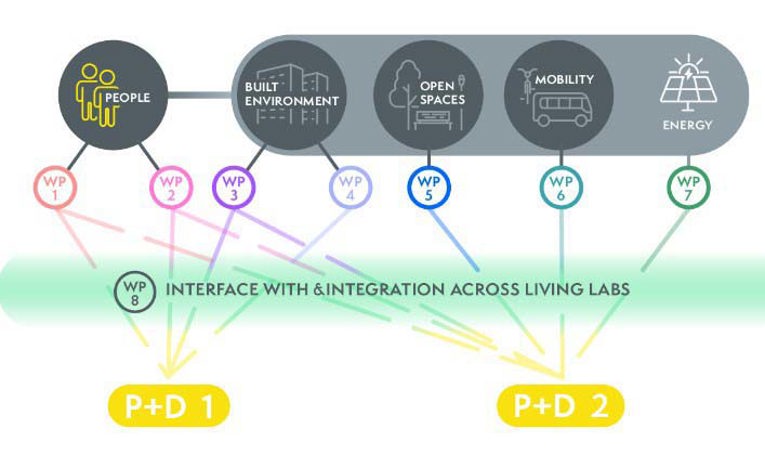- Forschungsprojekte : /de/anwendungsorientierte-forschung/institute/energy/forschungsprojekte/
- Ausstattung : /de/anwendungsorientierte-forschung/institute/energy/ausstattung/
- Team : /de/anwendungsorientierte-forschung/institute/energy/team/
- Agenda : /de/anwendungsorientierte-forschung/institute/energy/agenda/
- News : /de/anwendungsorientierte-forschung/institute/energy/news/
- Forschungsprojekte : /de/anwendungsorientierte-forschung/institute/energy/forschungsprojekte/
- Ausstattung : /de/anwendungsorientierte-forschung/institute/energy/ausstattung/
- Team : /de/anwendungsorientierte-forschung/institute/energy/team/
- Agenda : /de/anwendungsorientierte-forschung/institute/energy/agenda/
- News : /de/anwendungsorientierte-forschung/institute/energy/news/
SWICE - Sustainable Well-being for the Individual and the Collectivity in the Energy transition

Summary
Buildings and neighborhoods: energy efficiency and environmental impact
Swiss Federal Office of Energy's SWEET Programme
EPFL, Empa, ETHZ, HSLU, SUPSI, ZHAW, UNIFR, UNIL, UNIGE, research and consultancy companies
Jean-Philippe Bacher
Skills directory
April 2022 - March 2029
The SWICE project aims to identify and quantify the energy-saving potential and opportunities for increased quality of life that can emerge from future urban scenarios involving new modalities of living and working, changes in mobility behaviours, and different business models.
The objective of the SWICE project is to study how social, technological and design models that promote sustainability can be implemented into actual Swiss policy measures towards an effective energy transition, with a focus on high-quality living combined with minimized resource use.
The institute ENERGY is actively involved in three Work packages:
- The Work Package 1 “The human dimension of change” led by Prof. Jean-Philippe Bacher. Il will define a holistic framework for understanding and fostering social and behavioural change. It will explore positive and negative spillover effects across different dimensions and their management and will include holistic assessments in living labs to test the effectiveness of the interventions.
- The Work Package 4 “Towards climate neutral buildings” led by Prof. Thomas Jusselme. It will support the transformation of the current building stock to reach climate neutrality by integrating sufficiency measures in the design and operation of buildings while supporting occupant well-being.
- The Work Package 7 “Energy systems and infrastructures” led by Prof. Malick Kane. It will develop an energy system adaptation model (digital twin) to represent the possible sustainability and economic impacts of architectural and urban actions on the energy system at different scales.
The aim is to be able to calculate the impact of local actions to help decision-making in sustainable living developments and to outline sustainable pathways for the Swiss energy transition.
Consortium partners of the HEIA-FR:
Jean-Philippe Bacher, Professor, Institute ENERGY
Violaine Coard, Coordination Deputy, Institute ENERGY
Thomas Jusselme, Professor, Institute ENERGY
Malick Kane, Professor, Institute ENERGY
Séréna Vanbutsele, Professor, Institute TRANSFORM
Florinel Radu, Professor, Institute TRANSFORM
More information on the project: